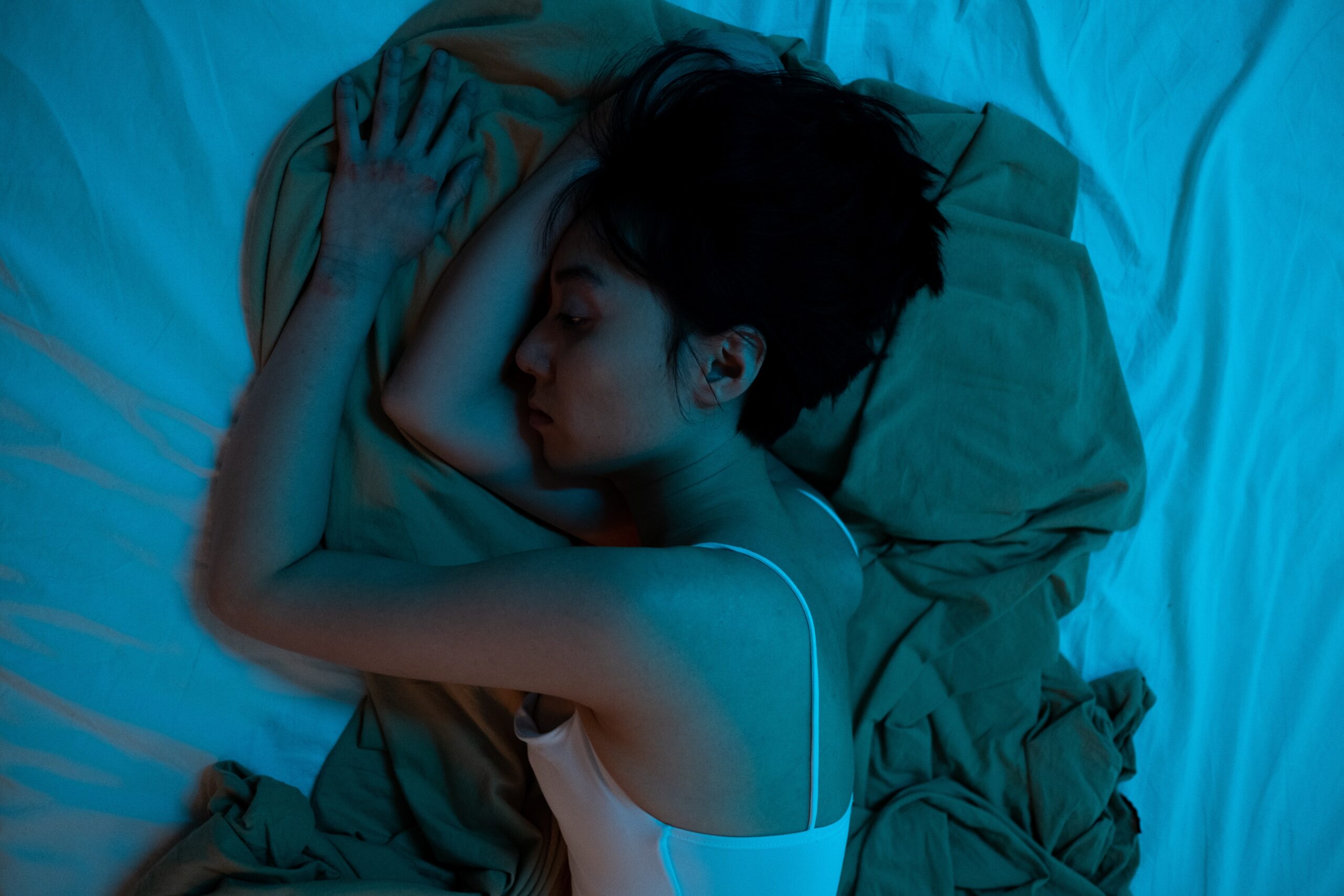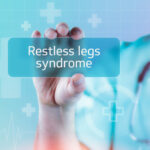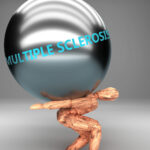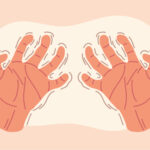Insomnia is a common sleep disorder that causes difficulty falling asleep, staying asleep or both. There is no definitive cure for insomnia, but there are many ways that you can work to manage your condition and get back on a regular sleeping schedule. One option for relief from the condition is medical cannabis for insomnia.
If you are concerned that you may be suffering from insomnia, read through the common descriptors of the condition and see if they meet your symptoms.
What is insomnia?
Insomnia is a common sleep disorder that causes sleep-related difficulties. This can include which you may have trouble falling asleep, staying asleep, or both. Many people are unable to get the recommended amount of sleep (around 7 – 9 hours) every night. Having trouble getting a good night’s sleep is very common, and if the issue only lasts for a few days at a time, it can be categorized as acute insomnia and often occurs during times of stress or life changes.
If you find that you are having difficulty getting to sleep more than three nights a week for an extended period, you may have what is considered chronic insomnia. This is also known as chronic insomnia disorder. This is less common and is often a problem that exists even without external factors.
Types of chronic insomnia
Chronic insomnia can be categorized in two ways: primary and secondary.
- Primary insomnia is less understood by scientists, it isn’t caused by other medical conditions or medication, so it’s difficult to determine what makes it manifest. Specialized MRI scans are being used to study this condition and it is suspected that it may be related to changes in certain brain chemicals, but as of yet, there is no definitive cause.
- Secondary insomnia is caused by other conditions or situations. This means that it’s often the result of other ongoing medical conditions, such as emotional stress, anxiety, trauma,long-term pain, nightmares and night-terrors.
What are the symptoms of insomnia?
- Difficulty falling asleep and/or waking up in the middle of the night.
- Difficulty returning to sleep.
- Feeling tired/fatigued during the daytime.
- Irritability or depressed mood.
- Problems with concentration or memory.
What causes insomnia?
Many external factors can increase the likelihood of you developing insomnia, including environmental, physiological and psychological factors:
- Anxiety disorders, depression and/or other mental health problems.
- Chronic diseases such as cancer.
- Life stressors include your job, relationships, financial difficulties and more.
- Medications and other substances.
- Neurological disorders, such as Alzheimer’s disease or Parkinson’s disease.
- Other sleep disorders, such as sleep apnea and restless legs syndrome.
- Unhealthy lifestyle and sleep habits.
- Chronic pain
- Gastrointestinal disorders, such as heartburn.
- Hormone fluctuations due to menstruation, menopause, thyroid disease or other issues.
Treatments for insomnia
Treatment will depend on the type of insomnia you have as well as your medical history.
Cognitive behavioural therapy
Research has shown Cognitive behavioural therapy to be just as effective as sleep medications in treating chronic insomnia. The process involves educating you on sleep and better sleep habits. Many people suffering from insomnia focus so much on their sleep difficulties that it increases their anxiety and makes it even harder to sleep. So CBT is designed to help change habits and reduce these anxieties.
Medications
There are several prescription medications and over-the-counter sleep aids that may help you get to sleep or remain asleep.
Sleeping pills are generally avoided as they can lead to dependency and have many side effects, which can include daytime sleepiness, forgetfulness, sleepwalking, balance problems, and dizziness.
Medical cannabis
Medical marijuana for insomnia may be able to help with insomnia due to the fact that it can cause drowsiness. Acute administration of THC is believed to reduce the time spent in REM sleep and encourage more time sleeping deeply. High doses of CBD have been associated with increased total sleep time and decreased waking during the night.If you’re suffering from insomnia, don’t hesitate to reach out to your healthcare provider for help. If you think that medical cannabis for insomnia may be of help to you, get in contact with the friendly team at MyAccess Clinics to assess your eligibility and start managing your insomnia today.





